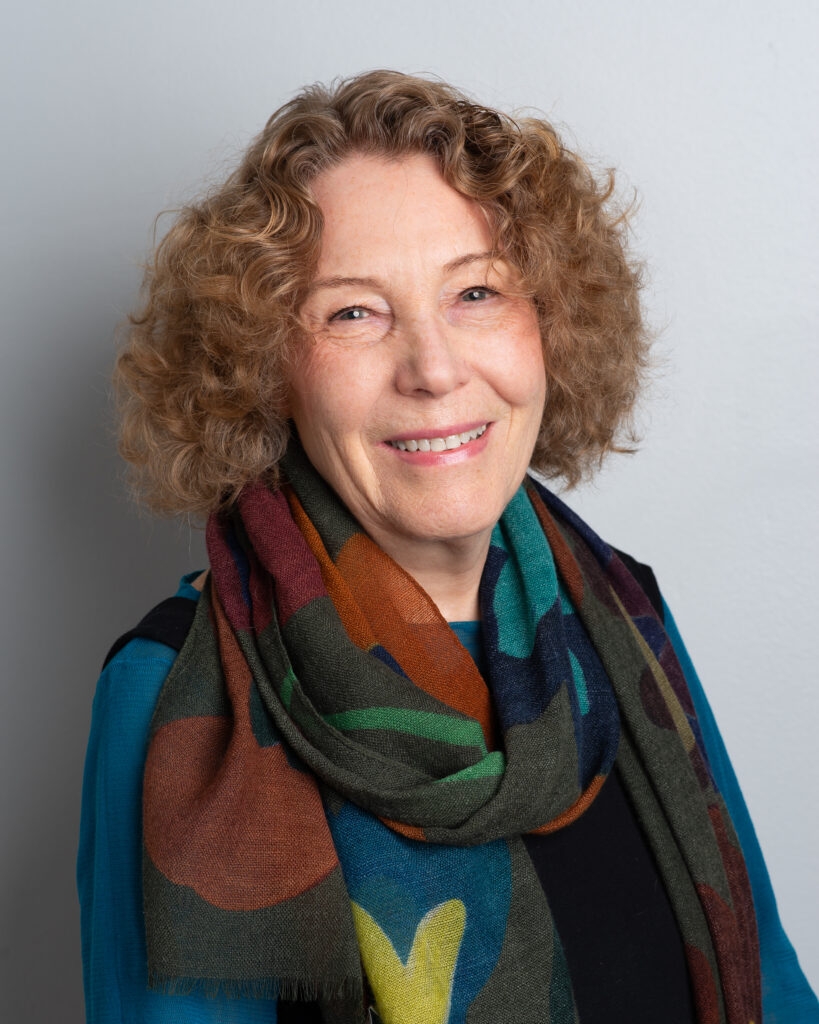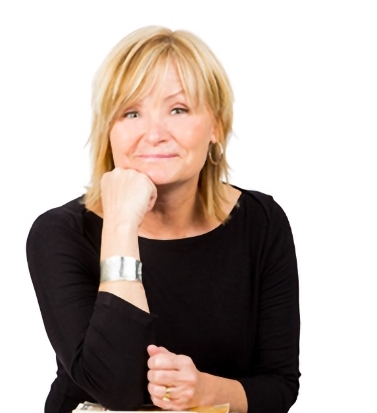


Who We Are

Our Mission
To enable families and children to thrive by supporting their mental health and well-being — to address the gap that exists for families without sufficient financial resources to access needed psychological assessment and treatment, and to deal with academic and learning difficulties that often accompany social-emotional problems.
Board of Directors
The Willow Centre Child and Family Foundation’s board of directors comprises a distinguished group of respected experts in the field of mental health and therapy. Their unwavering commitment to our mission and their extensive knowledge in providing healing and support to children make them the driving force behind our foundation’s success.

Carol-Jane Parker

Dannette Graham

Candace Yanchyshyn

Ridham Khanna


The Beginnings – who are we?
The WCCFF was established in 2006 with a goal to raise funds to support children and families with complex mental health needs who were “falling through cracks”, so to speak, and unable to receive adequate and prompt mental health treatments through funded mental health services in the community, because of the complexity of their needs or the lengthy wait times for services and were not financially in a position to pay for services privately.
A second goal of the foundation was to raise funds, so that preventive early intervention services could be provided to infants, young children and their parents who were at risk of developing mental health problems later in life due to adverse early experiences such as trauma, family violence, and/or a family history of mental health concerns. A longer-term goal was to eventually establish a therapeutic nursery school/daycare centre where young children at risk and their parents could receive therapeutic services in a safe and supportive early learning environment.
Over the last 17 years the WCCFF has been able to support several families with very complex mental health needs through the generous support of the Harry E. Foster Foundations and individual donors. The COVID-19 pandemic, however, has created a crisis worldwide in terms of an increase in the mental health needs of children and families and in a lack of funds available to small private foundations such as ours. It is our hope that our Newsletter can be used to help address this crisis by educating both mental health professionals as well as individuals and families in the community who share our concerns about the serious gaps that currently exist in mental health services for children and families and the need for financial assistance from private donors, businesses, and larger charitable foundations.
Over the next year, we plan to share through our Newsletter, stories of families we have helped, information about the current post pandemic crisis we are currently in and the impact it has on families. Attached, for example, is a reference to a recent article published in the Journal of Child Psychotherapy about what was like to have a baby during COVID. Can you imagine what it might have been like for a six-month-old baby (a recent referral to our clinic), for example, to have been handed over to a perfect stranger outside a daycare centre after having been isolated at home for six months with her two parents who were both working from home in another country? Can you imagine what it might have been like for her parents? Needless to say, the relationship between this little girl, who is now two, and her parents is in serious need of repair.


